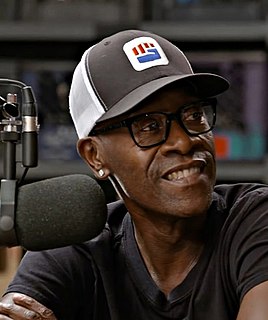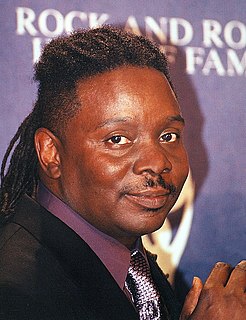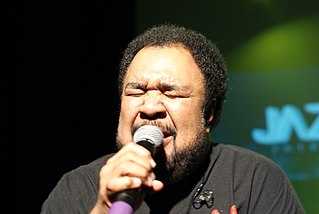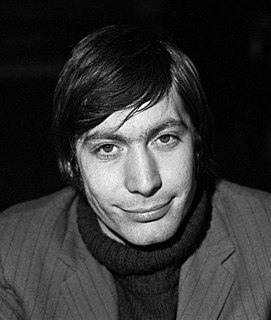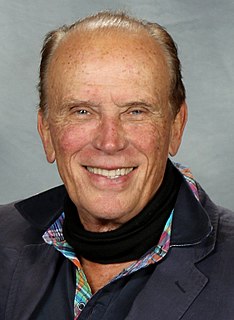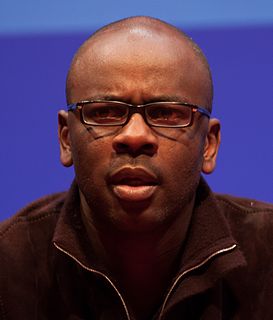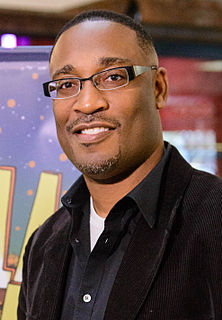A Quote by Don Cheadle
We're trying to do what Miles Davis would have wanted us to do, which is approach it as artists with his life as the canvas.
Related Quotes
The next film I have is called Miles Ahead, which is about Miles Davis, during a five-year period in his life during which he's struggling to figure out which direction to go musically and in his life. I play a record executive who's there to try to get Miles to collaborate with one of my clients. I'm excited to see that.
When we came up, Clive Davis and other record execs would do anything to keep Miles Davis, Aretha Franklin, even Johnny Mathis intact, because they wanted to keep alive a musical legacy. As a result, those artists were able to spend 30 to 40 years in the business and still make a living, still have a fan base.
No one would want to pay a penny for an empty canvas by me. But it would be quite another if the empty canvas were signed by a great artist. I would be surprised if an empty canvas by Picasso or Matisse signed and inscribed with the words, 'I wanted to paint such and such on this canvas, but did not do so,' would not fetch thousands... After all, with an empty canvas, the possibilities are limitless, and so perhaps is the cash.
I got a chance to work with Miles Davis, and that changed everything for me, 'cause Miles really encouraged all his musicians to reach beyond what they know, go into unknown territory and explore. It's made a difference to me and the decisions that I've made over the years about how to approach a project in this music.
For me, a wake-up playlist completely depends on what mood I'm in. If I need to get into action pretty quick, it will be between Beyonce and Miles Davis. I'm a massive Beyonce fan, and all of her anthems will do it for me. And Miles Davis, because I grew up hearing his music because my dad played it a lot, so that will always be special to me.
Miles Davis, my one and only real hero of my life. I met him [because] every time I had a movie interview, I would shift the conversation to jazz. Miles, when I finally met him, he knew he had a sucker walking in the door. Because his people told him, “This guy plays the trumpet and every freakin’ interview he has ever given, he’s talked about you.”
